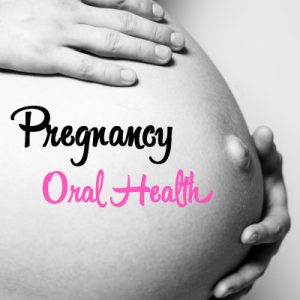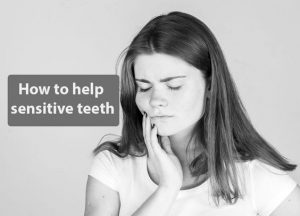When you’re planning a family, visiting the dentist may not be at the top of our priority list. However, if you’re thinking about having a baby or are recently pregnant, a dental cleaning and check-up is best done sooner rather than later in your pregnancy.
Good oral health is a component of good overall health, both for you and your baby…
And the good news is, dental care is safe and essential during pregnancy.
Below are answers to common questions about dental treatment and pregnancy, as well as oral care tips for pregnant women.
Don’t forget to come see us during this crazy, chaotic time!
Morning Sickness
If you suffer from morning sickness, acidic destruction of your teeth can be a concern. If you are sick, rinse your mouth with water afterwards, and wait 20 to 30 minutes before brushing your teeth to avoid scrubbing the acid on your teeth.
Dental Procedures While Pregnant
When needed, dental work should and can be completed during pregnancy to reduce the chance of infections. This includes, fillings, crowns, root canals, and extractions. The second trimester is the ideal time for treatment, since one you reach the third trimester, it may be difficult to lie on your back for an extended time.
X-Rays and Radiation
Routine x-rays can be postponed until after the birth. However, x-rays are necessary when performing many dental procedures. According to the American College of Radiology, no single diagnostic x-ray has a radiation dose significant enough to cause adverse effects in a developing embryo or fetus. Fetal organ development occurs during the first trimester, thus it is best to wait until after this time to get x-rays unless in a true emergency situation!
Regular Visits to Monitor Pregnancy Gingivitis
Increase in hormones during pregnancy increases blood flow to the gums, which can cause swelling and tenderness. It can also cause “pregnancy gingivitis,” caused by an exaggerated response to plaque on a pregnant woman’s teeth. If ignored, this can lead to periodontitis, and active destructive disease of the gums. The American Dental Association research links premature birth and low birth rate to women with periodontitis. Regular dental visits during pregnancy and a strict hygiene regimen can prevent the disease. Often, we will recommend an extra hygiene visit to monitor the tissues, gums, and teeth while pregnant, and even before the baby is born. (This is because it might be hard to make it to your regular scheduled appointment with a newborn!)



